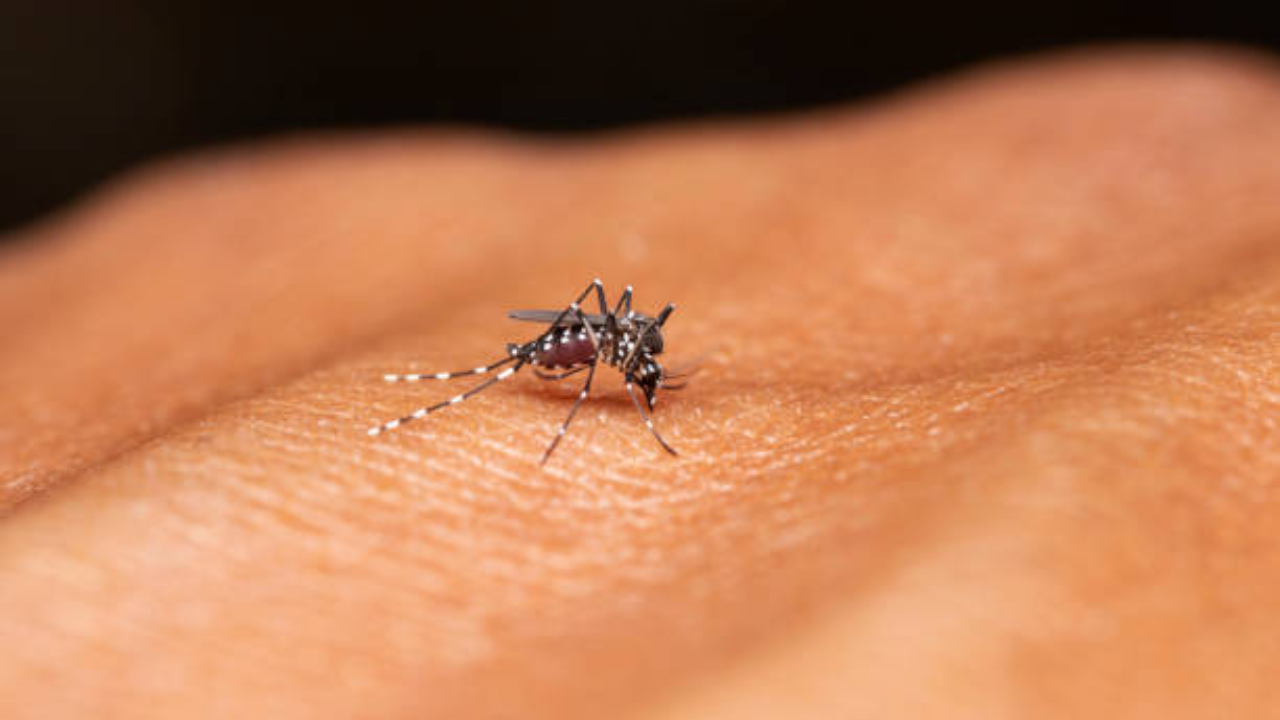To raise awareness about malaria, World Malaria Day is observed annually on April 25th. It highlights the need for continued efforts to prevent, diagnose, and treat this mosquito-borne disease. The day provides a platform for governments, organizations, and individuals to showcase progress made in malaria control and advocate for sustained investment and innovation. Activities include community outreach, educational campaigns, and fundraising initiatives to support research and intervention programs.
India accounts for 3% of the global burden of malaria and this makes it imperative to create awareness around the prevention and recovery.
“A mix of individual preventative measures and community-wide initiatives is needed to stop the spread of malaria,” says Dr. Mohan Kumar Singh, Senior Consultant – Internal Medicine, Marengo Asia Hospital, Gurugram and shares relevant tips:
1. By creating a physical barrier against mosquito bites, long sleeves, long trousers and socks can lower the risk of malaria transmission. Since mosquitoes are most active at dawn and dusk, it is especially advisable to wear this protective gear during these hours. Additionally, as mosquitoes are drawn to darker hues, think about dressing in light colours.
2. An extremely efficient method of preventing malaria transmission while you sleep, especially in areas where the disease is common, is to use mosquito netting coated with insecticide. By erecting a physical barrier between people and mosquitoes, these nets lower the possibility of nighttime attacks. For the nets to be as successful as possible in preventing mosquito bites and malaria infection, they must be put correctly and be free of tears. Maintaining the effectiveness of nets over time also requires regular maintenance and replacement.
3. Get rid of mosquito breeding grounds: To stop mosquitoes from breeding, empty any standing water in the containers surrounding your house. This covers buckets, old tyres, flower pots, and any other water-collecting container.
4. Use indoor residual spraying (IRS): If you reside in a region where malaria transmission is strong, you might think about employing IRS, which is sprinkling insecticides to kill mosquitoes on walls and ceilings of dwellings.
World Liver Day 2024: Modifiable risk factors that affect liver health
5. Seek treatment as soon as possible: Get help right away if you experience any of the malarial symptoms, which include fever, headache, chills, and vomiting. The disease cannot spread if early diagnosis and treatment are received.
6. Remain in air-conditioned or well-screened lodging: Mosquitoes can readily enter rooms through unsealed windows and doors, so keep away from lodgings without sufficient screening or air conditioning.
7. Speak with a healthcare provider about the best antimalarial drug options before visiting a region where malaria is endemic in order to prevent the disease. Pay close attention to the dosage that is provided, and make sure you take the prescription as prescribed even after you get home.
Recovery tips
The length of time it takes to recover from malaria varies from person to person and is influenced by things like overall health and infection intensity. For people who have had malaria, the following general recovery advice is provided:
1. Finish the prescribed course of treatment: Even if you begin to feel better before finishing the course, make sure you finish the antimalarial medication. This makes it more likely that the parasite will be completely removed from your body.
2. Rest: Give your body time to relax and heal. Due to the impact on your body that malaria can have, obtain lots of rest and refrain from physically demanding activities until you feel completely better.
3. Take on plenty of liquids to keep your body hydrated and aid in the removal of toxins, such as water, juices, and electrolyte solutions.
4. Consume nutrient-dense foods: To aid in your body’s healing and strengthen your immune system, concentrate on eating a balanced diet full of fruits, vegetables, lean proteins, and whole grains.
5. Especially if you reside in or visit malaria-endemic areas, take precautions to avoid future mosquito bites, such as applying insect repellent, sleeping under mosquito nets, and donning protective clothes.
6. It’s critical to listen to your doctor’s instructions and suggestions regarding medicine, rest, and follow-up appointments.


